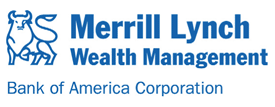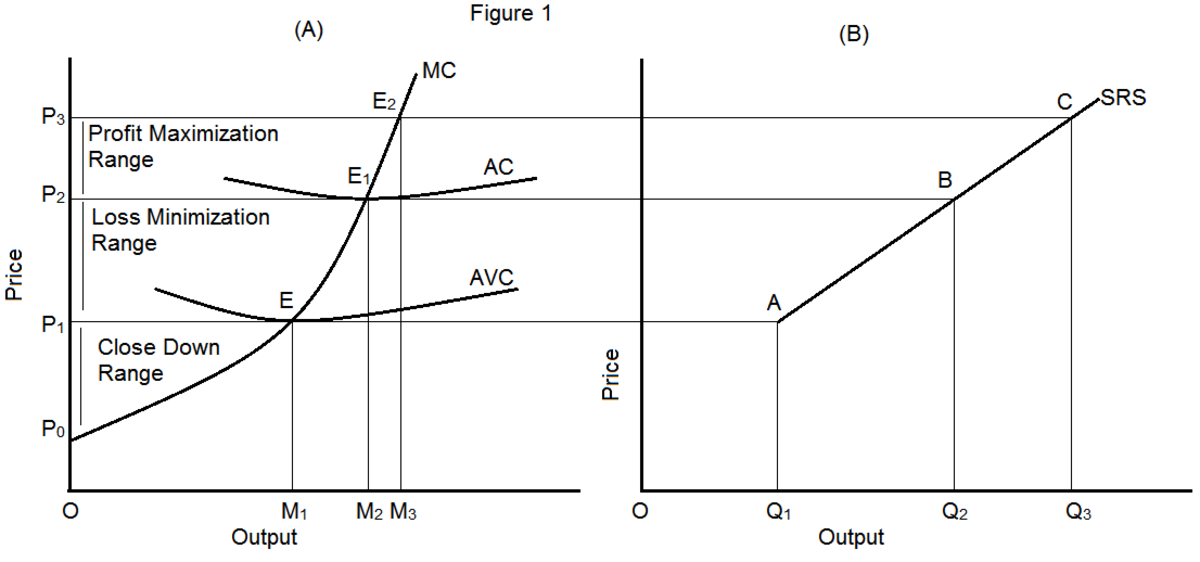How to Choose an Investment Firm

Choosing an investment firm to safeguard and serve your financial needs and investments can be a daunting experience and doesn't need to be a craps shoot. The following are some key steps to help choose an investment firm right for you.

FRIENDS AND FAMILY
The first step in your search for an investment firm can start with a friend or family member who might have similar needs and goals as you and has had a positive experience with their investment firm. Their recommendation can save you a lot of research.

SIZE DOESN'T MATTER
In choosing an investment firm, keep in mind, just because a firm is the biggest in terms of the assets they manage, doesn't mean they're the best. In fact, depending on your situation and the size of your investment portfolio, it might work against you. If your portfolio is $50,000, then you would be considered a small investor at the bigger firms and won't get the attention and service you deserve.

THE CHOICE IS YOURS
In your search you will come across larger investment firms such as Merrill Lynch, Morgan Stanley, etc. There are medium market firms such as Ameriprise, Raymond James, etc. and there are many independent, smaller investment firms. Banks and Insurance companies also promote themselves as investment counselors, but be wary, since they usually have proprietary products and a limited menu of investment options. Insurance companies will also tend to recommend - surprise, surprise - insurance.

FINRA
The Financial Industry Regulatory Authority, or FINRA, is the largest independent securities regulator in the U.S. Its main role is to protect investors by maintaining the fairness of the U.S. capital markets and acts as a regulator for all securities firms doing business in the United States. You can go to finra.org (see Related Links) to research the professional backgrounds and track records of registered investment firms and individual financial advisors.
DECISIONS, DECISIONS
Keep in mind, financial advisors who work at larger and medium sized investment firms are typically employees who have to report to the management of their firm. Advisors have the research and support of these billion dollar companies, but also have to deal with management steering them in a direction that is best for the profitability of the firm. Advisors in smaller, independent investment firms are typically business owners who run the day to day management of their firms. They decide what direction would best serve the company and their clients, but have to do their own research and hire the support necessary to serve their clients. There are pros and cons to both options, and one is not necessarily better than the other. They can all offer similar investments and products. It may come down to choosing which option you feel most comfortable with.

INVESTMENT OPTIONS
Financial advisors or financial planners can be more important than the investment firm itself. Most advisors offer free consultations to discuss your needs. But, be aware, many advisor's may have a minimum requirement in terms of portfolio amounts. And remember, many of the financial firms offer the same mutual funds, annuities, stocks, etc. It's the advisor's job to select investments that are right for the investor. He or she needs to filter through the hundreds of options they have available and pick the ones appropriate for the individual investor.
RELATED LINKS
- FINRA - Home Page
FINRA is the largest independent securities regulator in the U.S. - How to Find a Good Financial Advisor
Finding a good financial advisor can be somewhat intimidating. When you determine what investments you're looking for, you can then focus on an advisor who specializes in that area. - How to Choose Investment Opportunities
Many of us wonder where is the best place to invest our money. Understanding several prominent and popular investment opportunities will remove some of the doubt and make the choice easier.









